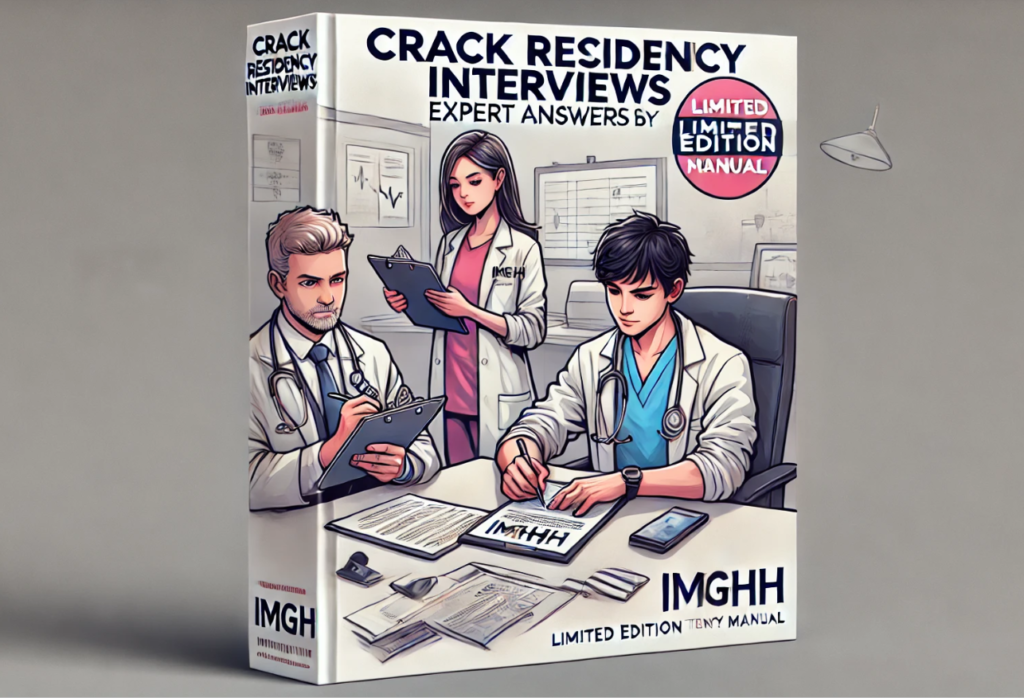Protected: EXCLUSIVE LIST OF INTERVIEW QUESTIONS FOR “MATCH”TIPS AND TRICKS TO ACE YOUR INTERVIEW!
There is no excerpt because this is a protected post.
Gaining hands-on clinical experience is one of the most important steps for medical school applicants and international medical graduates (IMGs) hoping to practice medicine in the US. Clinical experience provides critical opportunities to understand what it’s like to work in a clinical setting, interact directly with patients, and gain exposure to the US healthcare system.
In this comprehensive guide, we’ll cover the Value of Clinical Experience, where to find clinical opportunities, why clinical experience is so vital for your medical school application and residency, and how IMGs can obtain this crucial experience in the US.
Clinical experience allows you to answer the all-important question admissions committees will have: Why do you want to be a doctor? Through hands-on learning in a clinical environment, you’ll gain insight into what motivates you to pursue this profession and develop the skills needed to care for patients.
Direct patient interaction helps you understand the medical field and confirms your commitment to becoming a physician. It also allows you to ask physicians questions, shadow their work, and gain exposure to healthcare delivery.
According to the Association of American Medical Colleges (AAMC), clinical exposure is invaluable during the medical school application process. Admissions committees want to see that applicants understand the rigors and responsibilities of working in healthcare.
Additionally, clinical experience demonstrates you have the motivation and commitment required to take on medical training. It shows your willingness to step outside your comfort zone to care for others.
There are several ways for pre-medical students to gain clinical experience during their undergraduate years:
Ideally, pre-meds should pursue a combination of these activities to build robust clinical experience profiles. Gaining exposure in various healthcare roles and settings is invaluable preparation for medical school.
For international medical graduates, hands-on US clinical experience can make or break their residency applications. IMGs are competing against US MD and DO graduates for coveted residency program spots.
Residency programs want to see IMGs have experience with the US healthcare system, exposure to advanced medical technology, and an understanding of care protocols and workflows. As an IMG without US clinical experience, you’ll be at a significant disadvantage compared to US graduates.
That’s why it’s absolutely essential for IMGs to spend time gaining US clinical experience through rotations and hands-on learning. This shows residency programs you can provide care up to US standards and thrive in fast-paced American clinical environments.
There are a few ways IMGs can obtain clinical experience in the US:
Because residency spots are scarce, IMGs should pursue clinical experiences like observerships and externships to strengthen their applications. These demonstrate your ability to excel in US clinical environments.
Here are some tips for finding clinical experience opportunities in the US:
Gaining US clinical experience can make or break an IMG’s chances of matching into a good residency program. According to NRMP data, IMGs with US clinical experience matched at nearly double the rate of those without it in 2022.
Here’s why US clinical experience is so crucial:
Without clinical experience in the US, it’s incredibly difficult for IMGs to convince residency programs they’ll adapt well to American medical practice. That’s why this should be your top priority.
To gain maximum benefit from your clinical experiences:
Gaining robust clinical experience is a must for aspiring physicians before applying to medical school or residency in the US. Direct patient care helps develop vital medical knowledge and skills.
For pre-meds, focus on shadowing physicians, hospital volunteering, clinical research, working as an EMT, and similar hands-on roles.
IMGs should prioritize US clinical rotations, observerships, externships, and residency electives. These experiences demonstrate your ability to excel in American healthcare environments.
With strong letters of recommendation from US physicians, you’ll prove to admissions committees and residency programs your preparedness for medical practice in America. Don’t underestimate the immense value of high-quality clinical experience in the US. It can make all the difference in realizing your physician dreams.
Get our most valuable tips right inside your inbox, once per month!
There is no excerpt because this is a protected post.
There is no excerpt because this is a protected post.
There is no excerpt because this is a protected post.
There is no excerpt because this is a protected post.
There is no excerpt because this is a protected post.
There is no excerpt because this is a protected post.
We are here to provide a safe and secure helping hand for medical students, graduates, and residents.
Our comprehensive guide will assist you in matching with your top-choice residency or fellowship program.
Payment Methods
Buy with Confidence
© IMG Helping Hands Copyrights 2024
